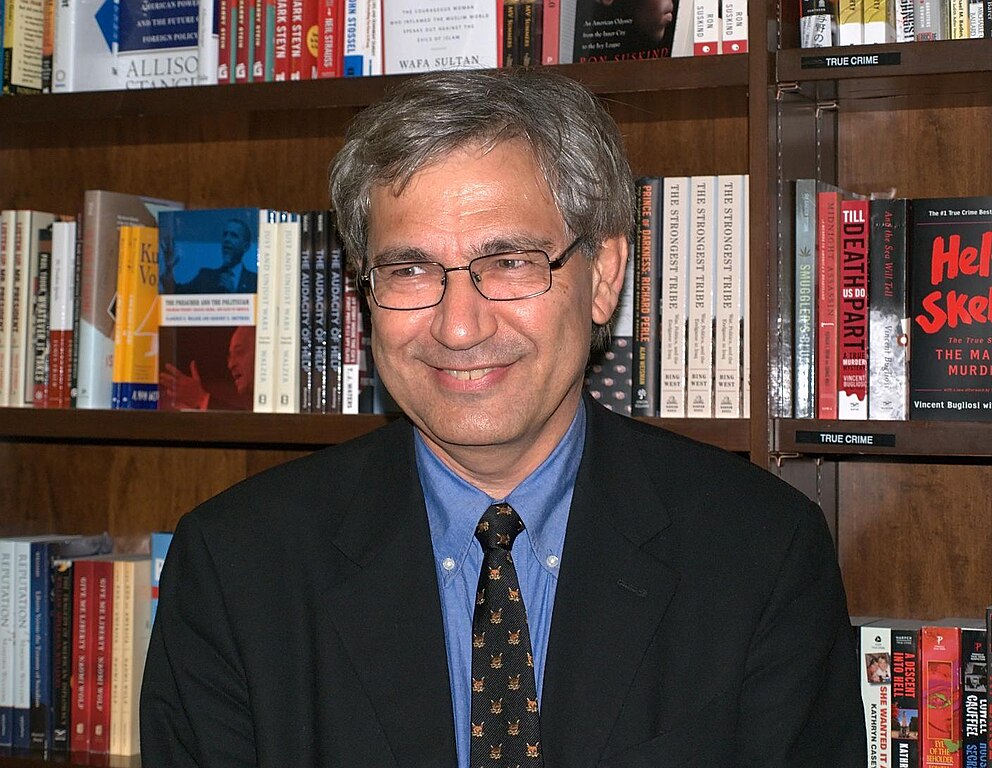Spend some time on iTunes, and you’ll find some excellent cultural podcasts, simply hours worth of high-touch intellectual content. And the excellent part is that the trove is growing, and the quality content keeps on coming.
The rub is that it takes time to separate the wheat from the chaff — too much time, if you honestly ask me. So, for the benefit of our readers, we’ve rolled up our sleeves, sifted through it all, and isolated the high-value content that’s worth your time. Spend some time rummaging through our iTunes Cultural Podcast Collection, and you’ll be sure to find among the cultural programs and audio texts something that piques your interest. Separately, you can also explore our University iTunes Collection, another collection of podcasts from 25 of America’s leading educational institutions. Together, they should keep you thinking, learning and growing for a while.
Also check out our list of University Podcasts on iTunes. It includes lots of great campus lectures and full-fledged courses.


